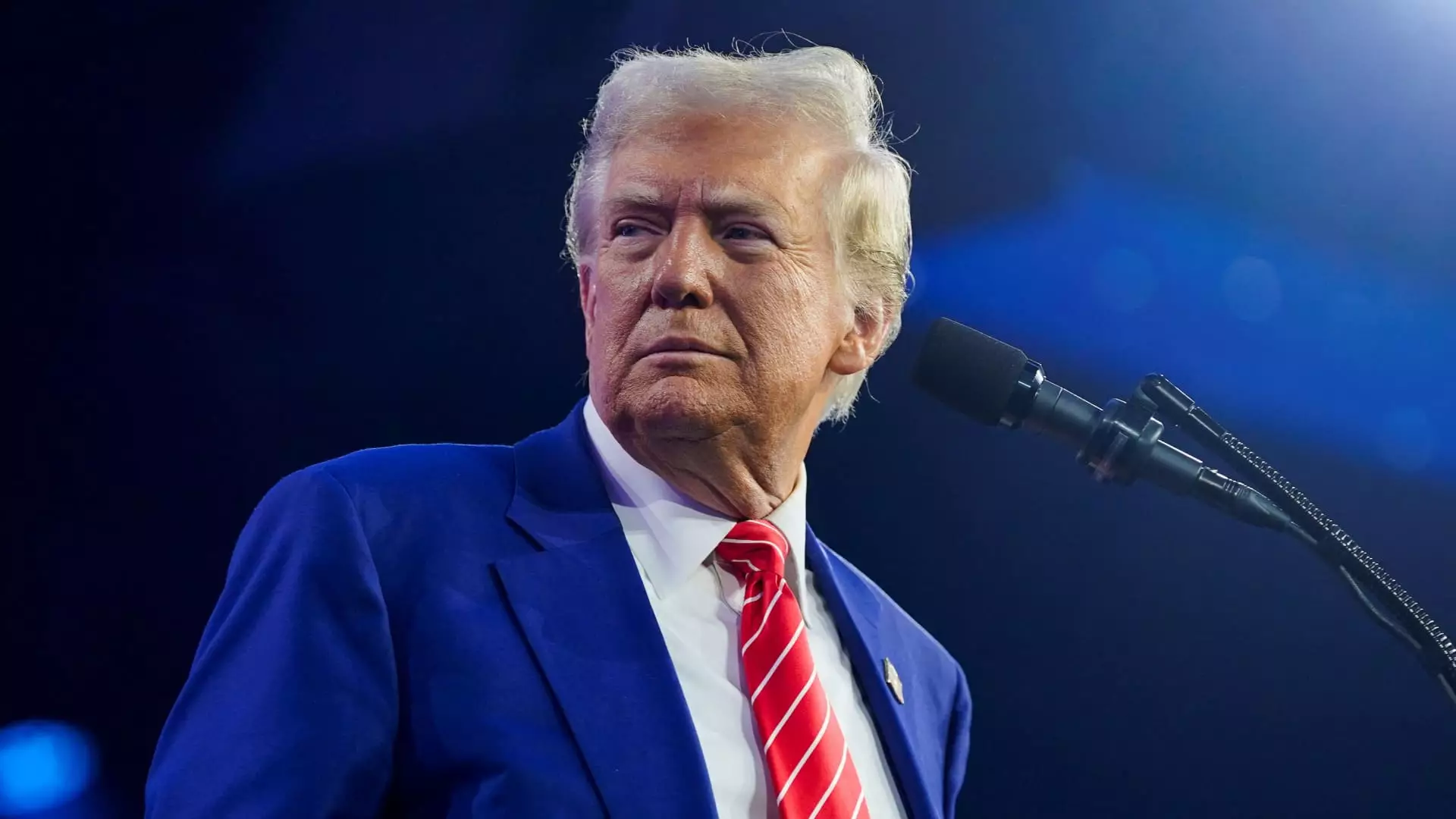In the wake of Donald Trump’s election, the infusion of technology leaders into his administration marks a pivotal shift in the political landscape of the United States. This trend is not merely an effort to modernize governmental operations but signifies a broader embrace of Silicon Valley’s ethos, values, and influence in governance. Trump’s administration exemplifies a strong affinity towards technological innovation as vital to improving governmental efficiency and responsiveness.
Among the key appointments is Scott Kupor, a managing partner at the venture capital firm Andreessen Horowitz. As the newly appointed director of the Office of Personnel Management, Kupor’s primary responsibility will be overseeing government recruitment and enhancing workforce potential. His acknowledgment of the opportunity to collaborate with influential figures such as Elon Musk and Vivek Ramaswamy reflects a strategic move to harness successful business philosophies to reduce bureaucracy.
Further expanding the tech footprint, Sriram Krishnan has been tapped as a senior policy advisor focused on artificial intelligence under the White House Office of Science and Technology Policy. Krishnan’s extensive background with tech giants and direct involvement in Musk’s operations position him as an ideal candidate to steer discussions surrounding AI’s burgeoning role in government applications and regulatory frameworks.
Elon Musk, a prominent tech entrepreneur and vocal supporter of Trump during his campaign, is poised to exercise significant influence within the new administration. With roles spanning multiple industries including automotive, aerospace, and artificial intelligence, Musk’s advisory presence could reshape the relationship between the government and emerging technologies. His involvement raises eyebrows across the political spectrum, particularly among Democrats and international leaders concerned about his monopolizing influence.
The relationship between Musk and the Trump administration highlights a departure from the strained interactions of the past. This connection has motivated major tech companies to recalibrate their approach, with Amazon, Meta, and OpenAI contributing $1 million each to Trump’s inaugural committee. This financial support underlines a collective shift among tech luminaries recognizing the necessity of aligning with a pro-business, pro-innovation political landscape.
Trump’s selections also encompass figures like Ken Howery, who brings a wealth of startup experience as the co-founder of PayPal. Appointing Howery as U.S. ambassador to Denmark emphasizes the administration’s intention to strengthen ties with international allies through a shared commitment to technological advancement. Meanwhile, Michael Kratsios returns as director of the White House Office of Science and Technology Policy, following a stint as chief technology officer in the previous administration, signifying continuity and a solid understanding of technology’s role in policy.
Furthermore, the addition of former Uber executive Emil Michael as undersecretary for research and engineering demonstrates an effort to galvanize the government’s technological infrastructure while fostering innovation. Michael’s background and experience in managing a high-stakes tech environment can be invaluable as the administration seeks to enhance research initiatives and public-private partnerships.
The resonance of these appointments has not gone unnoticed in the tech industry. Many executives are expressing an enthusiastic response to Trump’s key selections. Notable figures such as former Meta executive David Marcus commended the picks as “remarkable,” and Box CEO Aaron Levie described them as “very strong.” This endorsement from industry veterans suggests a reinvigorated willingness among business leaders to engage with a Trump White House, marking a stark turnaround from their previous hesitation.
As the Trump administration prepares to embark on this fresh chapter, the convergence of technology and governance is set to redefine the dynamics of federal operation. With an administration filled with tech heavyweights and innovative thinkers, there is potential to reshape governmental processes and regulatory frameworks. However, the elevation of Silicon Valley influencers into positions of power prompts critical questions regarding the intersection of politics and technology, warranting close scrutiny as this unprecedented alliance unfolds.


Leave a Reply